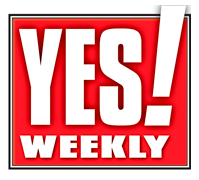TAP in the News
Check out these newspaper and magazine articles about TAP and our leadership team.
SLOW YOUR MUSTANG DOWN
By Jeff Sykes
In Wilson Pickett’s 1966 hit recording “Mustang Sally” he laments that “All you want to do is ride around Sally … ride, Sally, ride.” The song, written by Mack Rice, wasn’t intended as social commentary.
But looking back it’s an apropos description of America’s decades-old love affair with the automobile.Driving a car was fun. Accordingly we’ve seen car usage steadily increase over the years. Until just recently that is.Now, for the first time, per capita car usage is down both worldwide and in the US. Problem is, we’ve built cities and roads to accommodate automobile travel, often to the neglect of other options. This is particularly true in places like Greensboro, and now we’re playing catch-up. We’re building more sidewalks and in some places slowing traffic to better accommodate and protect pedestrians. We’re putting in bike lanes, Greenways, and bike racks to make bicycling a more viable transportation option.We’re looking at our bus system and ways to make it more usable for more people. Unfortunately infrastructure changes are a lot easier — and cheaper — to do up front than after-the-fact.The Transit Alliance of the Piedmont, known as TAP, is one of many groups working on this issue. TAP advocates for local and regional public transit. It is an all-volunteer local nonprofit. I spoke recently with Kista Mansell, who serves as TAP’s Executive Director. She explained that they are advocates for a multimodal transportation network that encourages mass transit, walking and bicycling. We talked about the importance of integrating transportation planning with land-use development. Efficient public transit requires corridors with relatively high population density. Greensboro’s past planning processes were pretty much helter-skelter — most developments went wherever a builder wanted to put one. The City even deliberately encouraged new development outside existing boundaries so it could annex the new areas. This allowed it to expand its footprint and stake a claim on land between the new outlying area and the prior City boundary. Officials had reasons for doing this but it was bad news for public transit. Spreading out the population in that way reduced the feasibility of non-automobile options.As mentioned, per capita car usage is down. There are growing numbers of young people who don’t want a car. Many can’t afford one. This reinforces a problem we’ve known a long time, namely that transportation access is necessary for upward mobility. Getting to a job interview can be challenging or nearly impossible if you don’t have a car and public transit won’t get you near the location of the interview. And if you’re hired you need a dependable way of getting to work on time every day, and a dependable way of getting back home. If you can’t afford a car and the upkeep on it, your options are often limited by the availability of public transit and other options besides owning your own automobile.So back to TAP. Ms. Mansell talked about the benefits of public transit. These include: – connecting people to opportunities for jobs, education, retail, medical and other services, entertainment, and recreation; – promoting a healthy environment, healthier people, and economic vitality.Re economic vitality, as we make the Triad more transit-oriented, more walkable and bikeable, we are better able to retain our school grads. We also become better able to attract new businesses that value these qualities.TAP is working on Demonstration Projects involving a bus to circulate nighttime entertainment areas and a downtown circulator bus. These would provide non-driving options for getting around the demo program areas.Mansell talked about the importance of educating people on what could be; look at and learn from what other cities are doing to be more livable. She also encourages people to participate in Greensboro’s upcoming Mobility Greensboro Long-Range Transportation Plan.Adam Fischer, Greensboro’s Transportation Director, echoes that sentiment.Fischer says they will essentially look at our transit system as if starting a new system from scratch, but still serving the same areas. They’ll look at existing routes and see if they are efficient and serving intended needs. They’ll look at the possibility of new cross town routes and/or a new structure altogether where not all routes come and go from the Depot. They’re also looking at new technologies like the just released mobile app that gives patrons real time transit information.There is a demographic trend towards increased density. Accompanying that is an increased demand for public transit. Unfortunately, demand is rising while government funding has been declining. Where government money is available, Mansell mentioned the obstacle of getting through all the red tape and government mandated procedures. Another obstacle is the car-centric culture. Even though there is increasing demand for public transit, attitudes still need to be changed to get more support for non-car options. Most of our roads were built strictly to accommodate automobiles. Bicycling and walking are risky, even dangerous, endeavors on many of our main streets. We also have a street system where the main thoroughfares fan out from downtown like the spokes of a wheel. If we had a grid system with the streets running parallel and perpendicular to one another, buses could be routed far more efficiently. But we don’t have a grid system — this makes efficient public transit especially challenging. Related to this, Mansell mentioned the need for thoughtful land-use development that is integrated with transportation planning. Transportation Director Fischer explained it this way: “Land-use and transit planning work best when they go hand in hand. Good examples of this are with our HEAT bus system that serves the university community. We have seen student housing projects locate near the HEAT routes and the GTA routes. Bad examples are sprawling developments on the edges of town or annexing into the county where it is hard to serve these less dense areas with transit in an efficient, cost effective manner.”TAP provides education services in support of public transit. These services include speakers, Lunch and Learns, TED talks, and YouTube videos. You can find them at www.facebook.com/TransitAllianceTriad. Meanwhile, it’s time we harmonize with Wilson Pickett singing “Think you better slow your mustang down.” !LANDAU’s column appears the 4th Wednesday of each week.
Feature 2
Under construction.
Feature 3
Under construction

